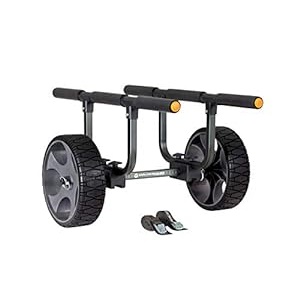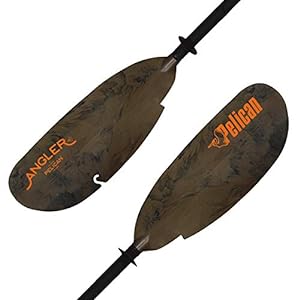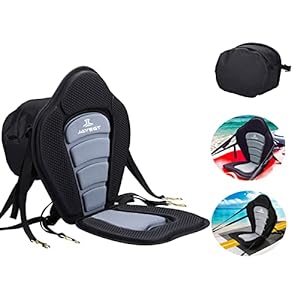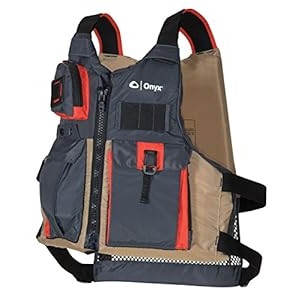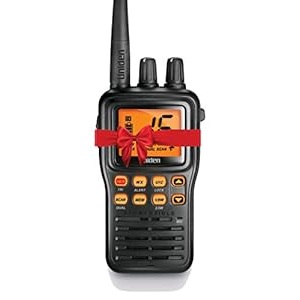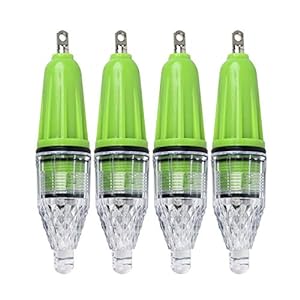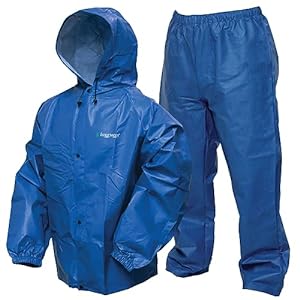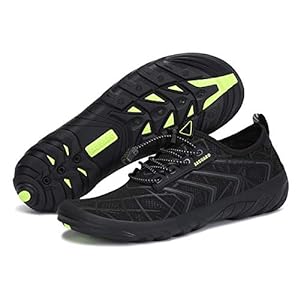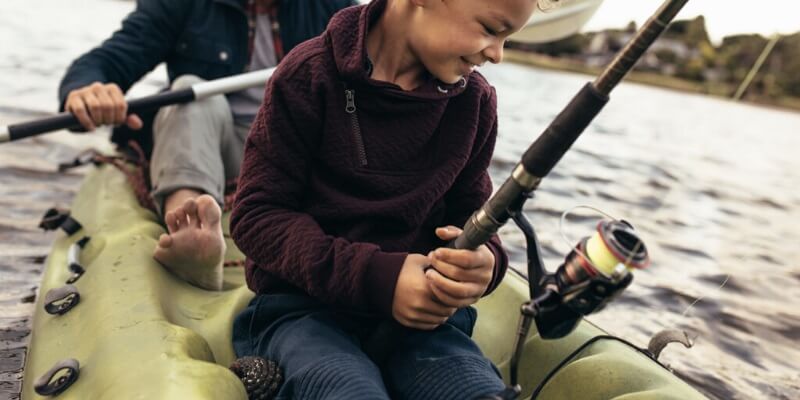
Kayak fishing has garnered increasing interest among anglers in recent years. This trend includes shore anglers looking for fresh environments, boat anglers aiming to streamline their fishing expeditions, and individuals simply curious to explore novel and exhilarating experiences.
Engaging in kayak fishing necessitates a minimal yet specialized set of equipment to ensure a satisfying and safe experience. In this article, I present a list of essential gear for efficiently and securely embracing this enjoyable fishing practice. However, I will not delve into the topic of selecting a kayak, assuming that you already possess a suitable kayak and a transportation solution such as a trailer or roof bars.
Kayak Equipment
Let’s see which equipment you actually need for your kayak for starting kayak fishing…
Cart
Cart is not always supplied with the kayak, but in my opinion, it is the most important piece of equipment for kayak fishing. There are mainly two types of carts or trolleys: models that fit into self-draining wells and models with a seat on which the kayak rests. Make sure that they reinforce the kayak at the level of the wells. I mean to use a cart that fits into the kayak perfectly, at the risk of cracking the kayak.
- Recommend to Read: 10 Best Kayak Carts Reviews
Paddle
Whether you have a paddle sit-on-top or a sit-in kayak, paddling will be mandatory in both situations. It will be used to move around, as a backup means, in the event of failure of your propulsion system. Remember to attach your paddle to the kayak using a leash.
Folder
Like the cart, the backrest or the seat does not always come with the kayak even if you pick this among democratic manufacturers. Remember to try it and equip yourself with a comfortable model. Sometimes, having a comfortable seat while fishing is one of the key elements to a successful outing without premature fatigue.
Security Equipment
Kayak fishing is subject to special regulations concerning the safety equipment required to be able to exercise this practice. I invite you to follow this section and visit the links to find all the necessary information.
Safety Jacket
There are two categories of vests: foam and automatic with gas cartridges. I advise beginners to stay on a foam vest, maintenance-free, it will allow you to perform kayak overturning tests without having the inconvenience of triggering a vest. The lift of the vest is expressed in Newtons. Take one with a high certification (> 100 N), more secure than the 50N standards.
- Recommend to Read: Best Fishing Vests Reviews & Buyer’s Guide
VHF
The VHF is a marine radio that allows to contact the rescue services or other boats via communication channels. This tool may seem disproportionate for kayak fishing but remember that with a VHF you can call for help with two buttons.
Using a smartphone in a waterproof pouch when you encounter difficulties will not be comparable in terms of efficiency.
Knife
A knife can be useful when you need to cut a rope that has become tangled. However, for a knife to be effective, it must be within reach (hanging on the vest for example) and sharp. A knife with a questionable edge is ineffective or even dangerous. Remember to hang your knife on the kayak or other floating object to avoid losing it at the first inattention.
- Recommend to Read: 10 Best Budget Survival Knives Reviews
Waterproof Lamp
A crucial component of mandatory equipment for kayak fishing is a lamp, serving as a means of light spotting. Additionally, it proves highly practical for early morning or late outings. Opting for a head torch light is especially advantageous, allowing you to keep your hands free while remaining versatile enough to be used manually when required.
Angler’s Clothes
Regarding the outfits for kayak fishing, there are two main schools: wet outfits and dry outfits.
Wet Hold
The wet suit is often the best known, it consists of a full or short neoprene suit generally used for surfing or windsurfing. It can also consist of a neoprene overall over which a breathable kayak jacket is put on. This type of outfit is reliable from a safety point of view but has the disadvantage of being often much too hot in summer.
Dry Hold
The dry outfit is ideal for the angler in a kayak because it allows you to stay dry while being able to modulate the layers of clothing underneath. This allows you to adapt to different temperatures and to fish in greater comfort. The real dry outfit is a one-piece suit type model, the price of which varies between 500 and 1000 dollars.
An alternative is to use waterproof & breathable kayak pants or waders over which you put on a jacket, also waterproof and breathable. This allows benefiting from a tightness up to the waist by immersion and a total tightness to the spray.
Jacket and Waders to Stay Dry
A waterproof and breathable set: waders and kayak jacket with sleeves. Unlike the two-piece suit, the dry suit hardly allows water to enter the event of immersion. The trick is to use a jacket with sleeves to limit the entry of water as much as possible through the sleeves, neck and waist. The waterproof pants are also generally supplied with a belt to reinforce the protection.
Footwear
Neoprene boots are very often used by kayak fishermen, especially for use with a wetsuit. For users of waterproof pants, the outfit usually has socks, so you will need a pair of shoes to protect them. The socks are sometimes quite thick, it will be necessary to take this into account in the choice of shoes, by taking a few sizes more. Mesh slippers with rubber soles or the classic Crocs do the trick very well.
Fishing Equipment
The choice of fishing equipment will be a subject in its own right in the coming weeks. However, to start, the idea is to have a versatile kayak fishing rod/reel set and a small box of lures, complete, varied, and efficient. Between the reel and the fishing rod, if your budget is limited, prefer to put a higher budget in the reel, reliability and resistance will be a plus in the practice of kayak fishing.
- Recommend to Read: Our recommended spinning reel under 100
For lures, I recommend the following assortment to start. It will allow you to face many situations and you can complete them as you go.
- A surface lure of 9cm and one of 12cm
- A small bib lure from 10 to 12cm
- A 9 and a 12cm shad
- A 10 and a 15cm slug
- Two or three lures mounted on anti-grass mounting (Texan)
- A 10gr jig
The Most That Make the Difference
- Tide directory or smartphone with internet access
- To drink and to eat
- A cap and a pair of polarized glasses to protect you and improve visibility on the water
- A rubber mesh landing net (nylon mesh destroys fins and fabric meshes are very difficult to disentangle if a hook is caught)
- A pliers to unhook a hook
- A plastic tape measure to measure your catch
Conclusion
Having gone through this kayaking checklist, you’ll likely recognize that this activity requires thorough preparation. Numerous items are crucial for ensuring both comfort and safety during your adventure. It’s important to keep in mind that while these items are essential, you should only bring what you genuinely need, striking a balance between preparedness and avoiding unnecessary clutter.
Looking for the Best Fishing Kayaks…
